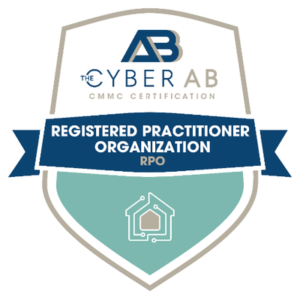Does your company have a new cybersecurity team? If your organization has a security incident, how will the team react? With the ever-evolving threat landscape, it’s challenging for rookie security teams to proactively respond to a security crisis. Fortunately, there are several steps you can take to ensure your team is ready to respond to an incident.
- Incident Response Plan: Create a response plan that includes measures your team should take during a security incident. The plan should detail roles, responsibilities, communication protocols, escalation procedures and technical actions.
- Training and Skill Development: Provide cybersecurity team members with proper training in digital forensics, malware analysis, network monitoring and threat hunting. Encourage continuous learning to keep up with evolving threats.
- Simulation Exercises: Use tabletop exercises or simulated incident scenarios to help the team practice incident response skills. By doing this, you’ll identify gaps in your plan and get hands-on experience.
- Clear Communication Channels: Set up communication channels within the cybersecurity team and with other departments. Keeping stakeholders informed and coordinating actions is crucial during an incident.
- Collaboration: Foster collaboration between your security team and IT, legal, public relations and management. Ensure everyone knows their roles and how to work together during an incident.
- Incident Prioritization: Educate your team on assessing an incident’s scope, impact and severity so they can decide if the incident needs immediate action.
- Forensics and Evidence Preservation: Ensure your team knows how to collect and preserve evidence. It’s essential for legal and investigative purposes.
- Threat Intelligence Integration: Integrate threat intelligence into your incident response process to help your team stay informed about emerging threats and attack techniques.
- Automation and Tools: Give your team the tools they need for incident detection, analysis and response. Automation can help streamline some tasks but ensure your team knows how to interpret and validate automated alerts.
- Post-Incident Analysis: Conduct a thorough post-mortem analysis after resolving an incident. Identify what worked well and what to improve. Update your incident response plan and enhance team capabilities using these insights.
- Documentation and Reporting: Documentation is vital throughout the incident response process. Documenting incidents accurately and comprehensively helps your team understand what happened, analyze the response and communicate with others.
- Legal and Regulatory Awareness: Ensure your team knows the legal and regulatory requirements for data breaches so they can make informed decisions during an incident.
Remember that incident response is an ongoing process. Adapt your processes based on lessons learned and changes in the threat landscape.
MBL Technologies provides comprehensive cybersecurity services for long-term, sustainable solutions that address every facet of the evolving threat landscape. We help you boost your cybersecurity posture while minimizing your upfront costs. Contact us today to get started.




